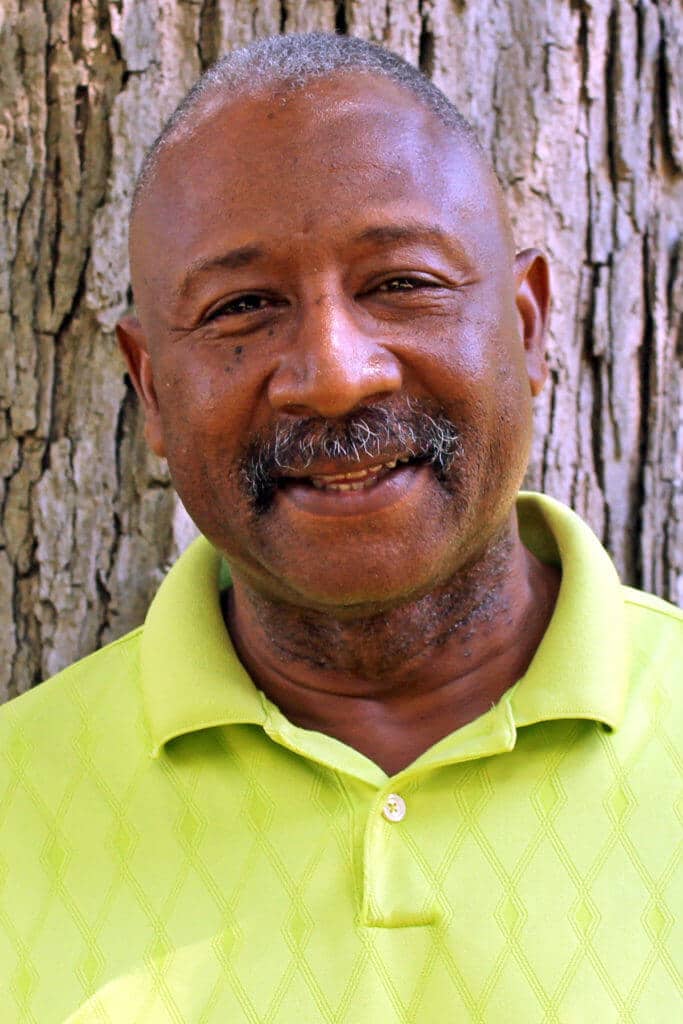Otha Brown is the principal therapist for the Men’s Resource Center of West Michigan’s anger management and domestic abuse counseling programs. He’s a member of the Batterer Intervention Services Coalition of Michigan and has shared his specialized knowledge and experience on men’s issues, domestic abuse, and anger management as a presenter and trainer. A summation of Otha’s background and experience is below. You can also listen to him talk about his work on these Revealing Men podcasts: “Moving Beyond Abusive Behavior and Becoming a Better Man,” “Teaching Men to Manage Themselves Rather Than Controlling Others,” and “Preparing Young Men for a Successful Transition into Manhood.”

I work with men from a wide range of economic levels, ages, lifestyles, diverse culture, ethnic, and racial groups. My goal is to give clients access to service that is respectful, clinically helpful towards recovery, and assists with discovering healthy relationships.
The roots of my current practice began at an agency that provided independent living for young adults. Project Transition (Montgomery County, Pennsylvania) helped me to focus my graduate studies at the University of Pennsylvania on engagement and motivation, and to become less dependent on the use of medication.
As the Education Coordinator (employed by Hahnemann University School of Medicine), I developed programs for middle and high school students to improve their academic achievement and behavioral outcomes. As an Adjunct Faculty member at Hahnemann University, I taught a senior-level course on drug treatment and prevention for Human Service and Nursing students at the School of Health Science and Humanities.
My under-graduate degree from Park College is in Management. It prepared me for roles in coordinating, supervision, and managing activities with the Philadelphia Department of Health, Housing, and Urban Development and the Pennsylvania Medicaid Health Care Contractors. At the Hahnemann School of Medicine, I worked with senior-level hospital administrators, city health officials, and policy makers on various projects to improve health outcomes for low-income families and communities, the Philadelphia Asthma Task Force, and chairman of the Philadelphia Childhood Immunization Coalition. I also served as Executive Director of One Day at A Time, Inc., a large drug abuse recovery community, and another three years in a similar position as Campus Director at Project Rehab in Grand Rapids, Michigan.
I bring that experience, training, and cultural competence to the Men’s Resource Center where I can help men build healthier, sustainable relationships within their families and communities.
Problems develop slowly and over time. They become woven into our understanding, values, even the meaning of life itself. Like culture, they hold us with the strength of all of our emotions and feelings towards ourselves and towards others. When our view of ourselves and others become skewered or confused, our connections aren’t nourished.
At the Men’s Resource Center, we encounter men who are viewed and socialized in ways that are not conducive to the growth and development of a positive self-image or appreciation of the intrinsic value they bring to human relationships. Developing connections in spite of stereotypes and stigma is critical for men of ethnic, racial, social, and religious minority groups. These men need help ferrying beyond socio-cultural barriers to new horizons where they can experience true connection, healing, and growth.
In my practice, I meet men and young boys in various circumstances and degrees of discomfort, suffering, and disappointment. In their disillusionment many consider themselves flawed, scared, weak, or disgraced. It is my goal to engage and help them discover a perspective on health, recovery, growth, hope, trust, and stability. Within each session, a process emerges that changes the experience from crisis into growth and change.
Men in crisis find stability as they increase understanding of a humane social expectation and a level of personal intimacy that is sustainable and free of stereotypical ideology. This occurs with connection to our true needs, desires, and abilities, and is underscored by the fulfillment of essential roles, relationships, and expectations of living out a masculine identity.
